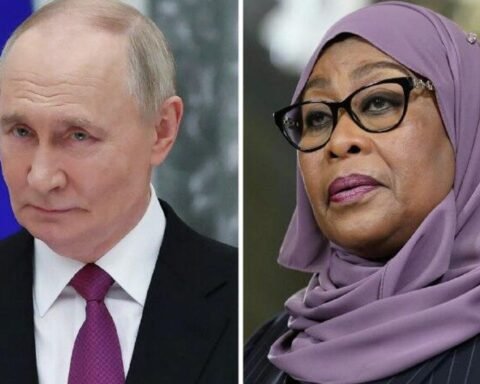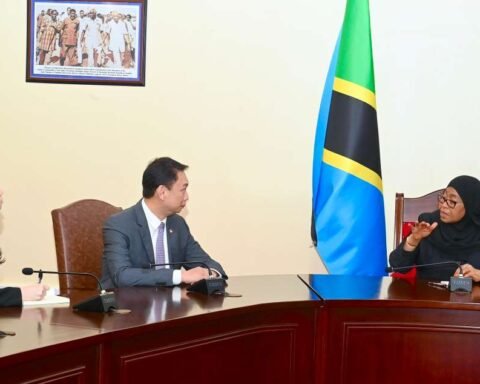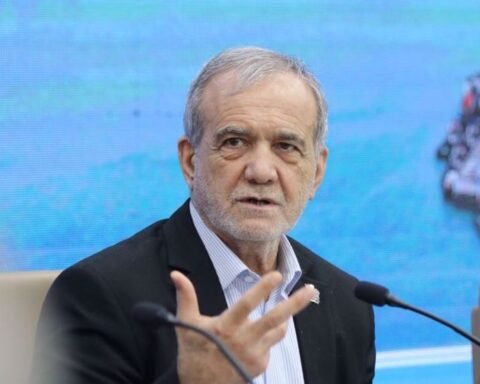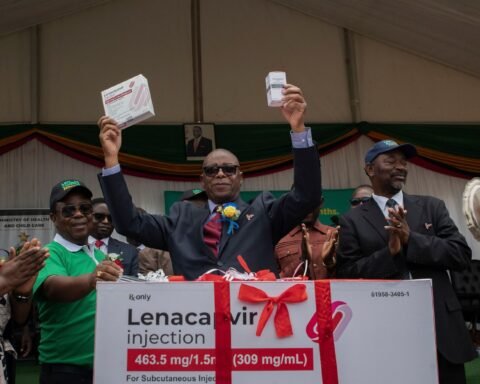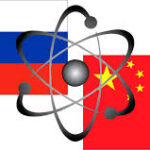In a striking campaign pledge that has captured national attention, Kunje Ngombale Mwiru, the presidential candidate representing the Alliance for African Farmers Party
(AAFP), has vowed to construct a crocodile pond at State House if elected president. Mwiru said the pond would act as a unique deterrent against corruption, signaling his firm commitment to transparency and integrity in public office.
Speaking at a rally in Dar es Salaam, Mwiru outlined his vision for a government free from corruption, emphasizing that every official must respect public resources. “If entrusted with the leadership of this country, I will ensure that anyone found misusing public funds faces a symbolic but clear warning: the crocodile pond at State House will remind all that corruption will not be tolerated,” he said, drawing both applause and curiosity from the crowd.
Beyond this unconventional pledge, Mwiru focused on broader priorities for his potential administration. He highlighted the importance of maintaining peace and stability during the upcoming general election, urging citizens to avoid any actions that could divide communities. He also stressed the need to support farmers and boost the agricultural sector, which he describes as the backbone of the Tanzanian economy. His proposals include modernizing farming practices, improving access to markets, and providing financial support to smallholder farmers to ensure national food security.
Also Read; South Sudan Faces Corruption Scandal, Political Crisis
The candidate’s manifesto, named Tanzania Economic Telescope, outlines 17 key initiatives aimed at improving governance, reducing public waste, and enhancing accountability. While the idea of a crocodile pond has drawn widespread attention, many political analysts view it as a symbolic representation of his anti-corruption agenda rather than a literal plan. Supporters argue that it reflects the candidate’s bold approach to addressing systemic issues in government, and they hope it inspires public discourse about integrity in leadership.
Tanzania is set to hold its 2025 General Election on October 29, and the campaign period has intensified as candidates tour major cities and rural areas. Observers note that Mwiru’s strategy of combining symbolic gestures with practical reforms could differentiate him in a competitive race, though critics question whether such ideas will translate into actionable policies.
Mwiru also pledged to work closely with the National Intelligence Agency of Tanzania to monitor public resource management and prevent fraud in government institutions. With the election only weeks away, all eyes are on how Tanzanians will respond to a campaign that blends creativity, symbolism, and strong policy promises.


